Comparing the noise of Ferraris with symphonies. The greatest cliché in motoring journalism may have begun with Herbert von Karajan and his Ferrari 250 GT Lusso. Two instances of a behavior may not count as a rigorously observed pattern, but it appears as though high-profile conductors have a thing for high-powered automobiles.

The Austrian von Karajan, one of the all-time greatest heads of orchestra, and his penchant for Ferraris, especially the sound of their V12 engines, which he considered superior to anything he could make a symphonic orchestra deliver. “There’s no orchestra conductor in the world who would be able to replicate the melody of Ferrari 12-cylinders,” he said.
Obsessed with technology, he was saying he was born 10 years too early. He cared about technical implementations as much as the music itself. His concerts were the most innovative in all matters which were not related to music. In the field of cars he loved sports ones and you can’t imagine no one better from the world of music at the wheel of a Ferrari.
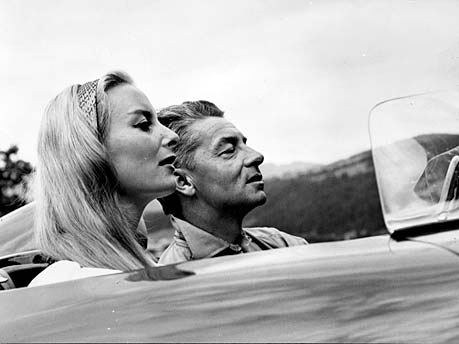 |
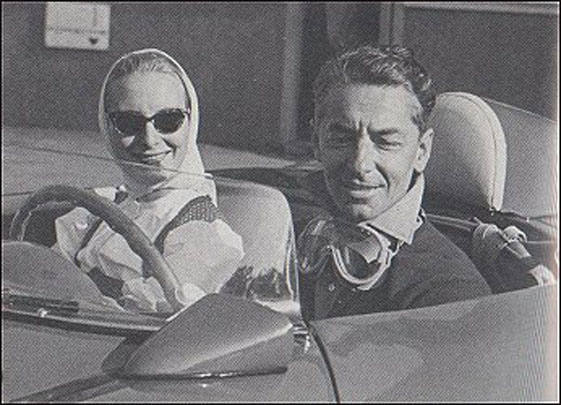 |
“He had to have his private plane, the most beautiful woman on Earth and a sailing boat somewhere on the Cote d’Azur. Evidently those were his necessities; I’m not sure he loved them; perhaps he just needed them,” Peter Schmidl, Vienna Philharmonic, said.
Really good skier, von Karajan wanted the best. He was the most influential of all artists, at least in Europe. He was asking very much in the arts but he knew how to reciprocate on a personal level with generosity and ironclad loyalty. A buttoned-up personality and a great appeal. “People always think of him as a great dictator. But nowhere could you play more freely in concert than under his baton,” said Friedrich Witt, Berlin Philharmonic.
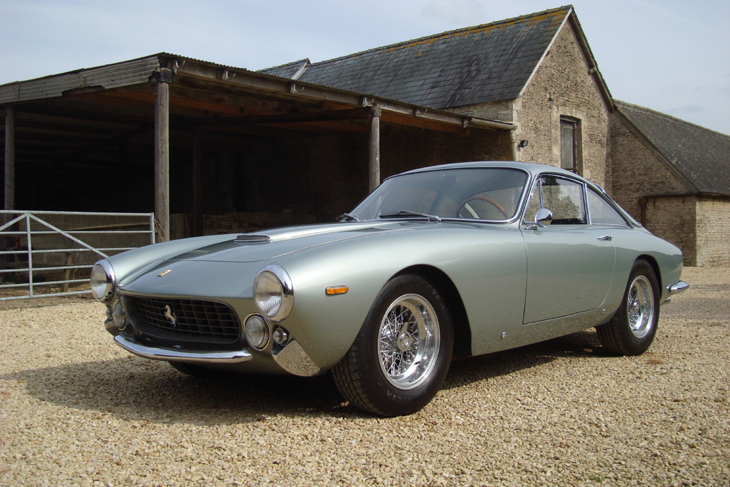
“If Herbert no longer has this orchestra he’ll die within three months,” his wife said. He was lonely at the end. According to Werner Resel, Vienna Philharmonic, “many great conductors have died physically, and are truly dead, artistically dead. But not Karajan. He’s as alive as ever.“
Heribert Ritter von Karajan, 5 April 1908 – 16 July 1989, was born in Salzburg, Austria-Hungary. He was principal conductor of the Berlin Philharmonic for 35 years. Generally regarded as one of the greatest conductors of the 20th century, he was a dominant figure in European classical music from the mid-1950s until his death. Part of the reason for this was the large number of recordings he made and their prominence during his lifetime. By one estimate he was the top-selling classical music recording artist of all time, having sold an estimated 200 million records. He was a child prodigy at the piano.
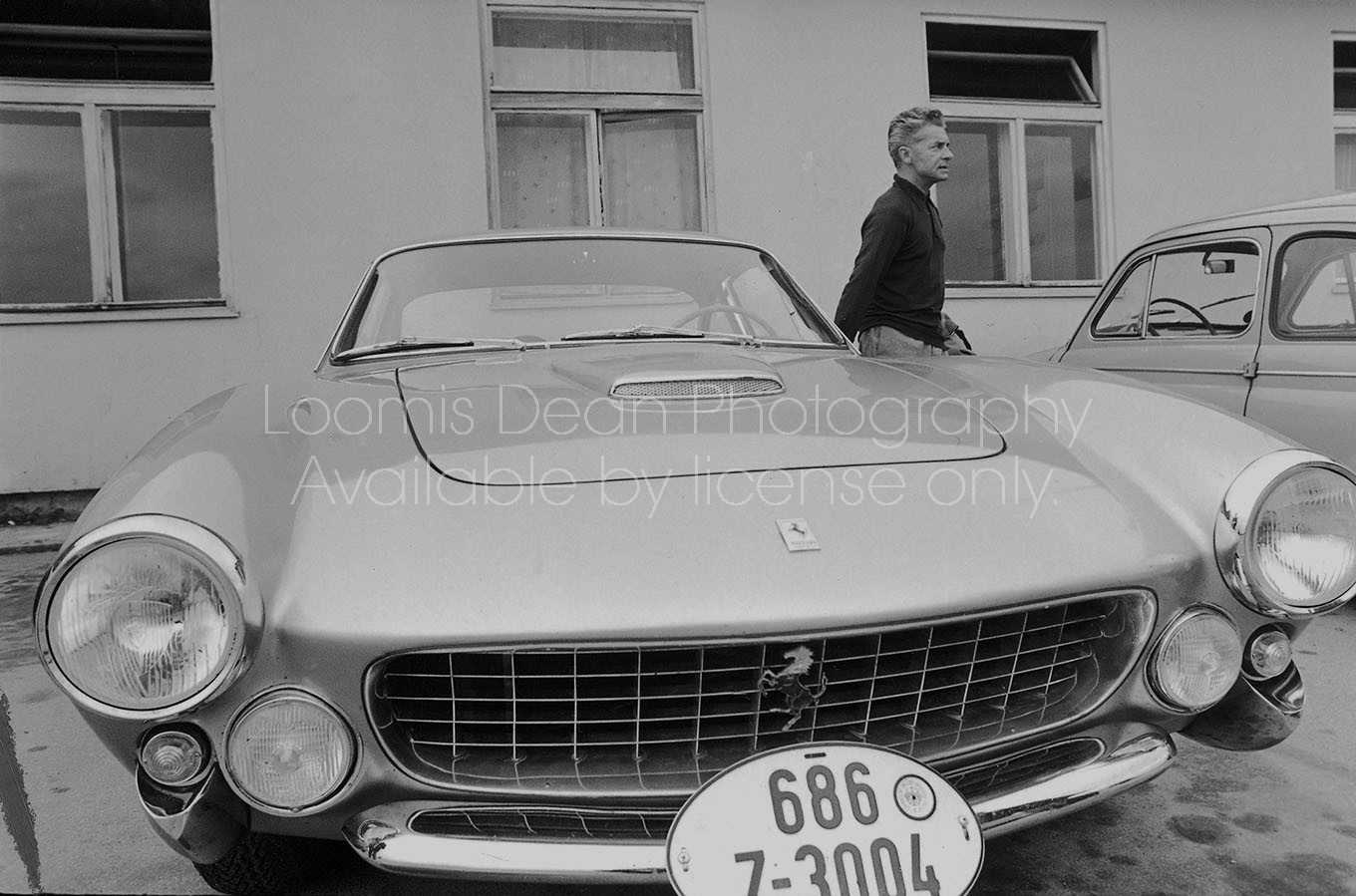
On 26 July 1938, he married operetta singer Elmy Holgerloef. They divorced in 1942. On 22 October 1942, at the height of the Second World War, he married his second wife, Anna Maria "Anita" Sauest, born Gütermann. Karajan and Anita divorced in 1958. On 6 October 1958, he married his third wife, French model Eliette Mouret; they became parents of two daughters, Isabel and Arabel.
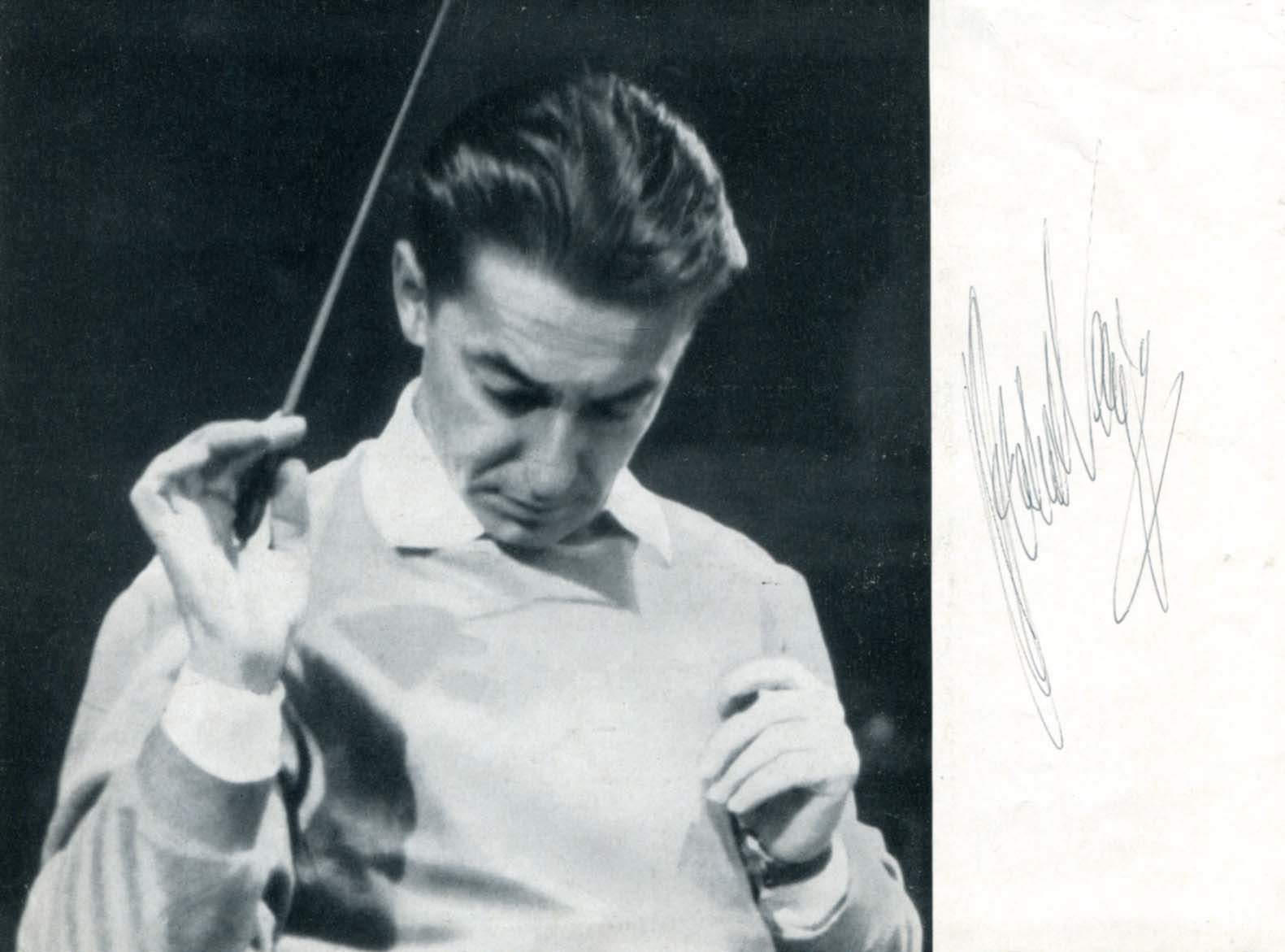
In his later years, Karajan suffered from heart and back problems, needing surgery on the latter. He increasingly came into conflict with his orchestra for an all-controlling dictatorial style of conducting that had vanished from use everywhere else. Karajan resigned as the Principal Conductor of the Berlin Philharmonic on 24 April 1989. His last concert was Bruckner's 7th Symphony with the Vienna Philharmonic. He died of a heart attack at his home in Anif on 16 July 1989 at the age of 81.
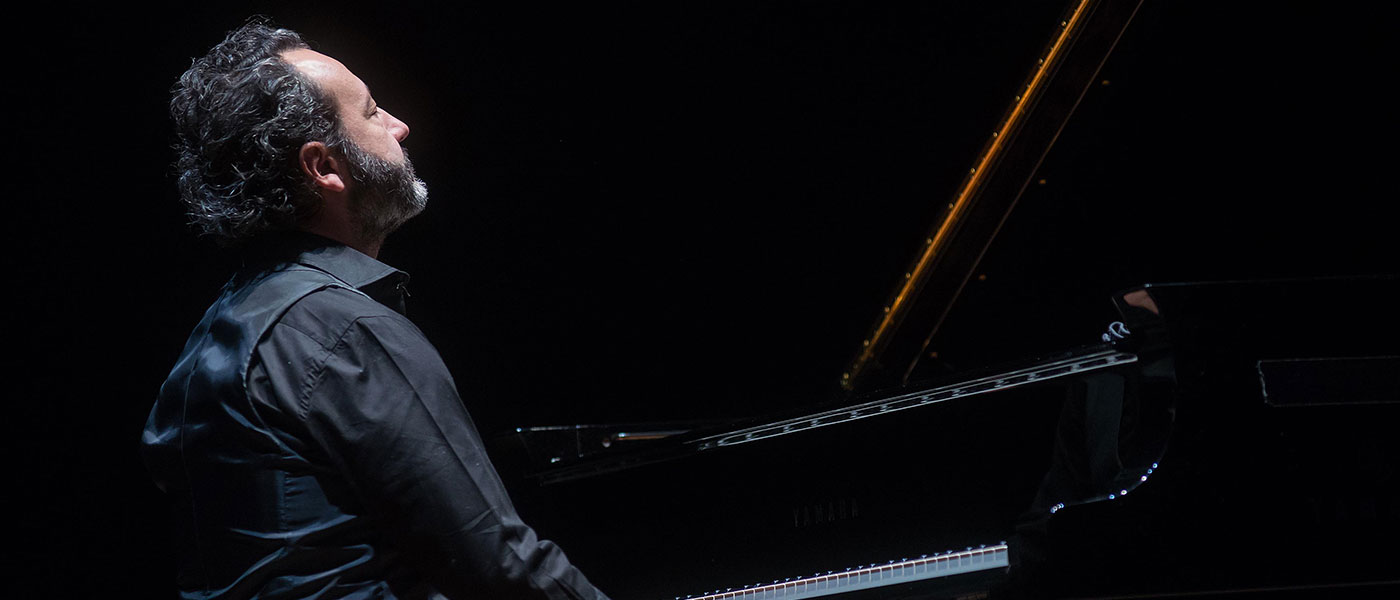
According to Cesare Picco, great composer and pianist, also well-known for his “blind dates”, that are concerts in which he improvises in a theatre where both he and the public are immersed in complete darkness, the sound of a Ferrari engine has a lot in common with the one of a piano as well as the art of making extraordinary cars has with the one of composing music.
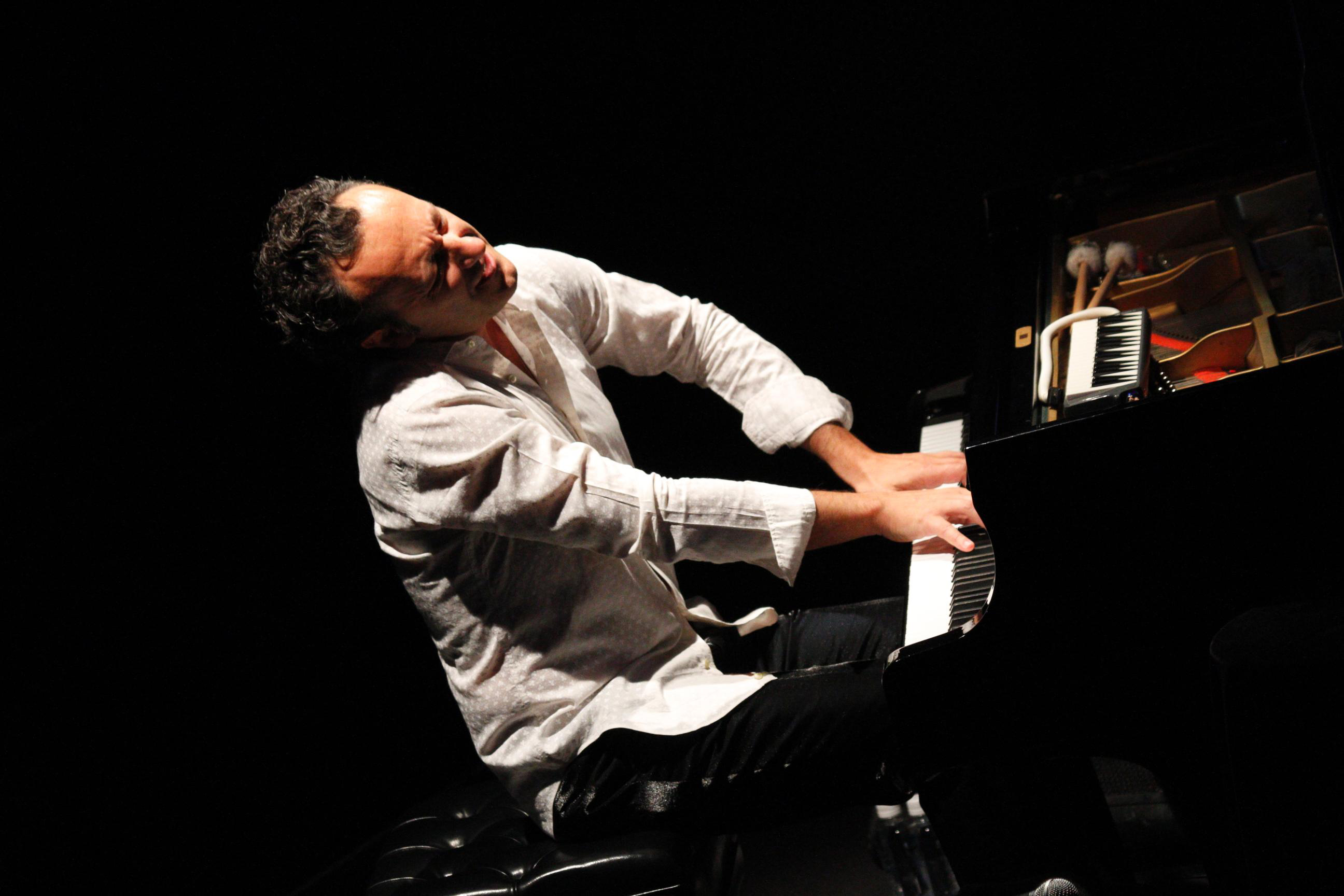
At the invitation of head of design at Ferrari Flavio Manzoni, Picco met the “Centro Stile” team in the trophy room of the Ferrari Museum in Maranello on a night the main theme of which was the improvisation. “There’s no difference among the arts, - he added – whether we’re talking about music, design or painting, and this exchange helps to mutually improve. When you’re designing a car such as those of Maranello or when you compose a piece you got to be good to create under stress. And only when there are at the same time technical and human growth you can go beyond your own limits.”
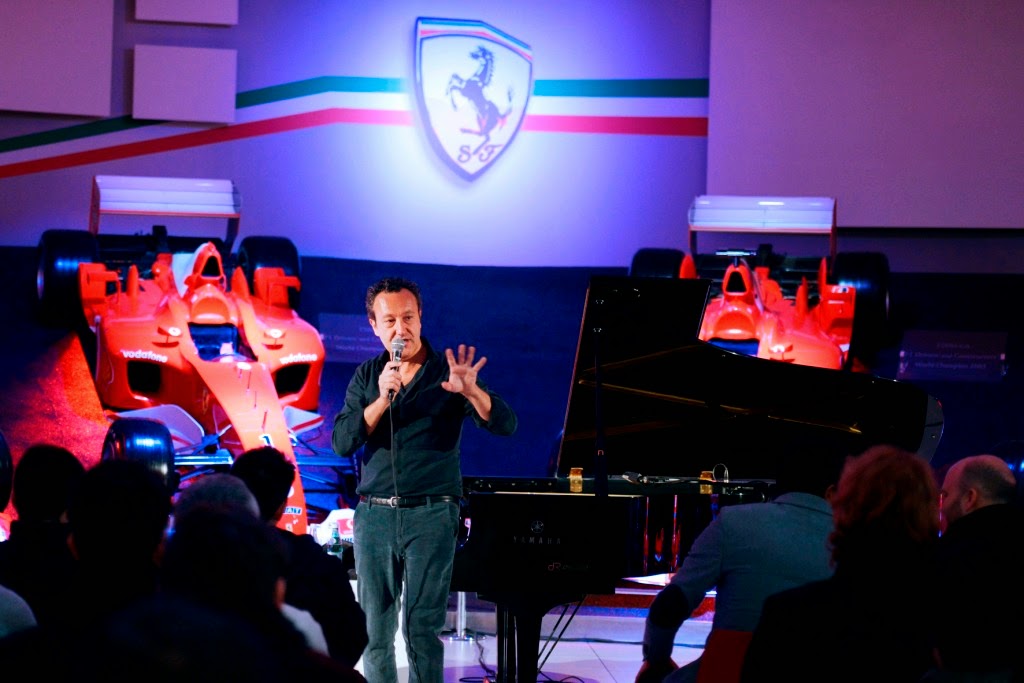
Another comparison the musician made was that of the Ferrari to the one he has defined as the “piano car.” “Like the cars I saw today, apparently similar but actually never the same, also each piano is quite different to the other and being able to obtain the best performances depends largely on the pilot’s or musician’s skill. The piano also has twelve notes like the 12 cylinders of your engines and that’s another similarity I would like to emphasise.”
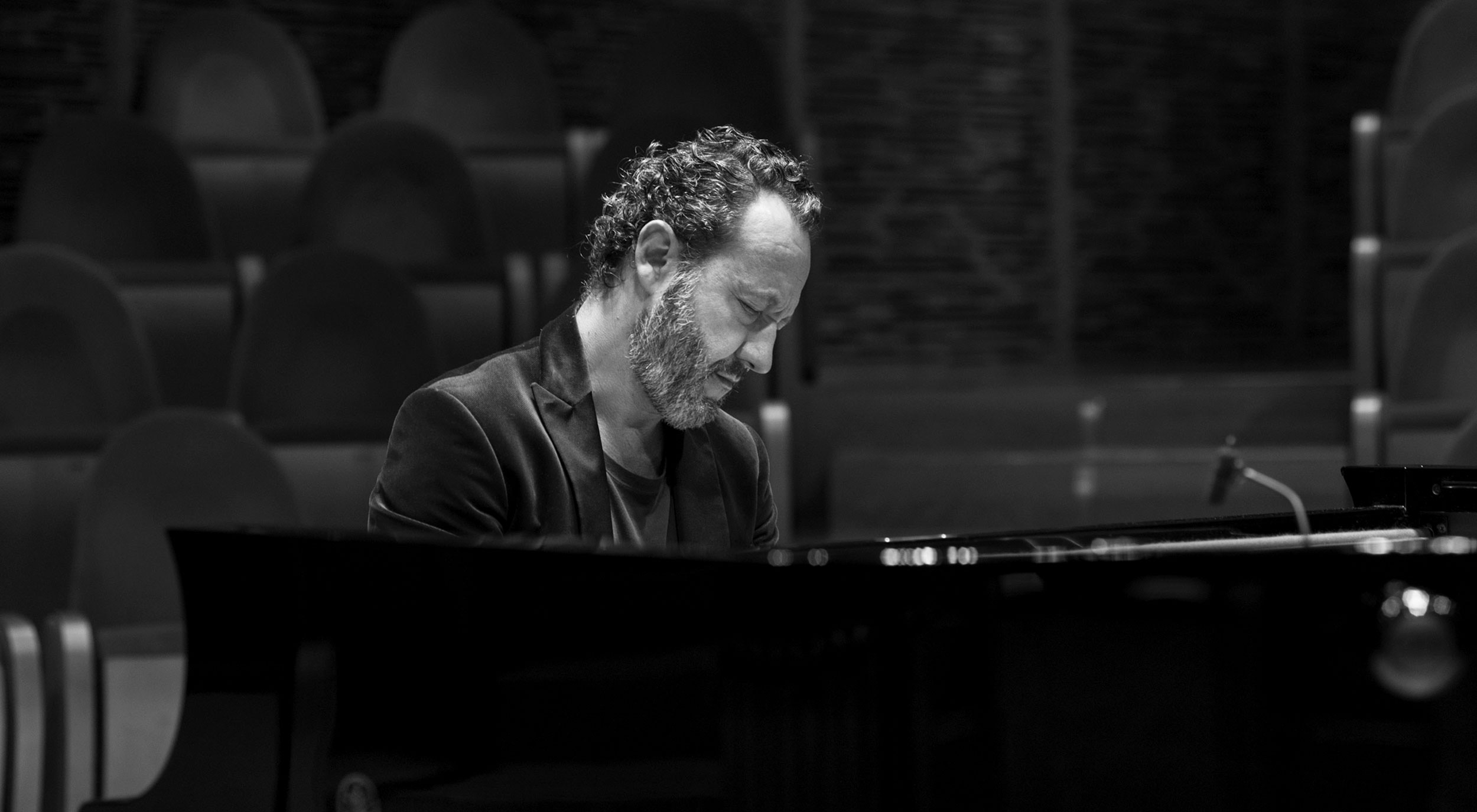
Picco spoke finally about the importance of tradition: “Ferraris are jewels of innovation and technology, but they never forget the tradition from which they come. So is today’s music which wouldn’t exist without centuries of history and of extraordinary composers, from Bach to Beethoven, from Chopin to Listz.”
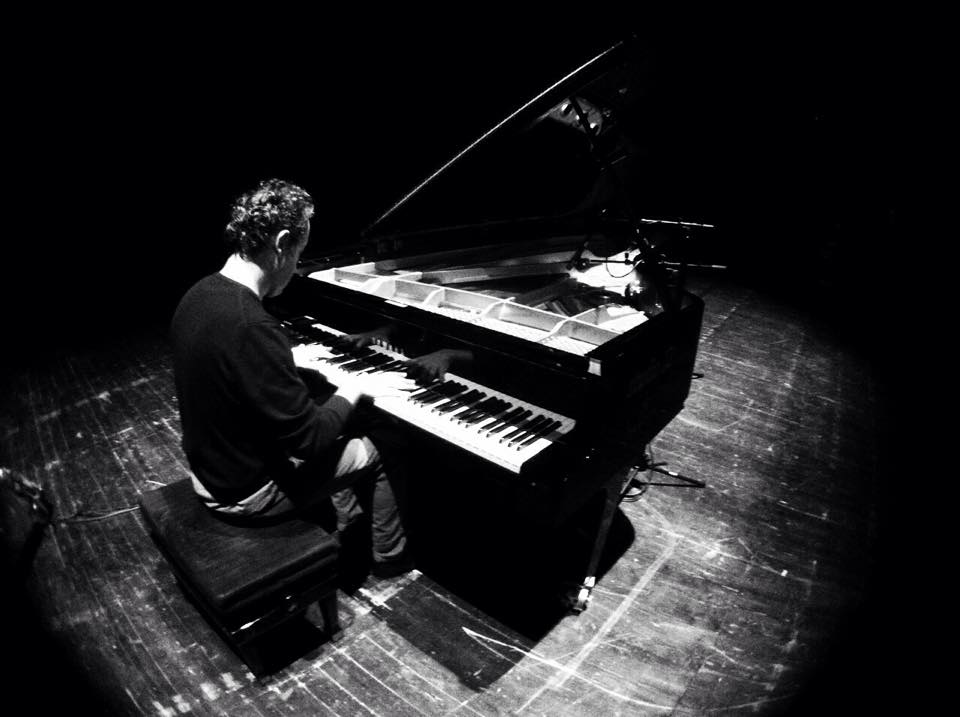
Videos
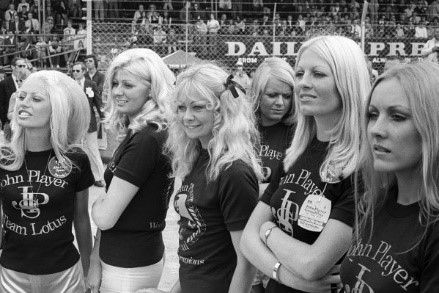
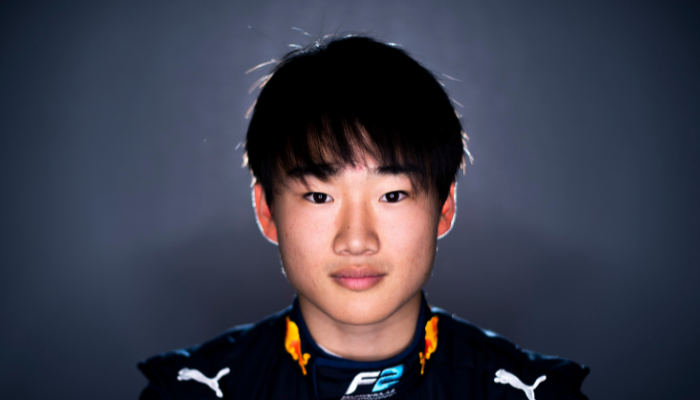
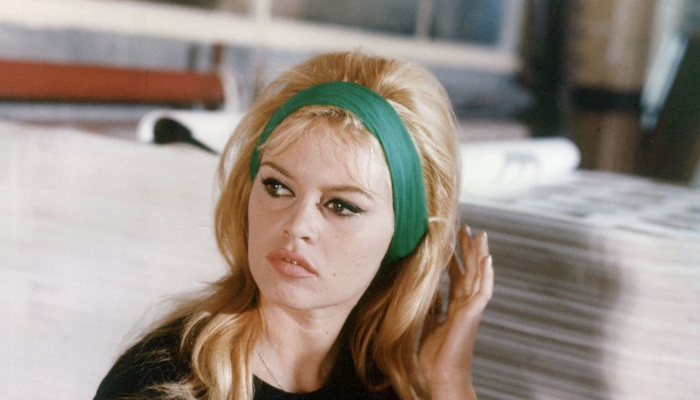
Comments
Authorize to comment